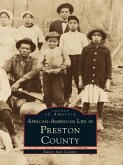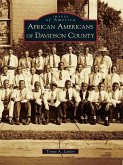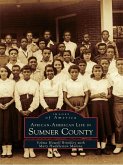A revisionist account of African masquerade carnivals in transnational context that offers readers a unique perspective on the connecting threads between African cultural trends and African American cultural artifacts In recent decades, there has been an explosion of scholarly interest in African-styled traditions and the influence of these traditions upon the African diaspora. In this important new analysis, author Raphael Njoku explores the transnational connections between masquerade narratives and memory over the past four centuries to show how enslaved Africans became culture carriers of inherited African traditions. In doing so, he questions the scholarly predisposition toward ethnicization of African cultural artifacts in the Americas. As Njoku's research shows, the practices reenacted by the Igbo and Bight of Biafra modelers in the Americas were not exact replicas of the African prototypes. Cultural modeling is dynamic, and the inheritors of West African traditions often adapted their customs to their circumstances--altering and transforming the meaning and purpose of the customs they initially represented. With the Bantu migrations serving as a catalyst for ethnic mixing and change prior to the trans-Atlantic slave trade, African-themed cultural activities in the New World became dilutions of practices from several ethnic African and European nations. African cultures were already experiencing changes through Bantuization; in this well-researched and engagingly written scholarly work, the author explores the extension of this process beyond the African continent. This book is openly available in digital formats thanks to a generous grant from the Andrew W. Mellon Foundation.
Dieser Download kann aus rechtlichen Gründen nur mit Rechnungsadresse in A, D ausgeliefert werden.









